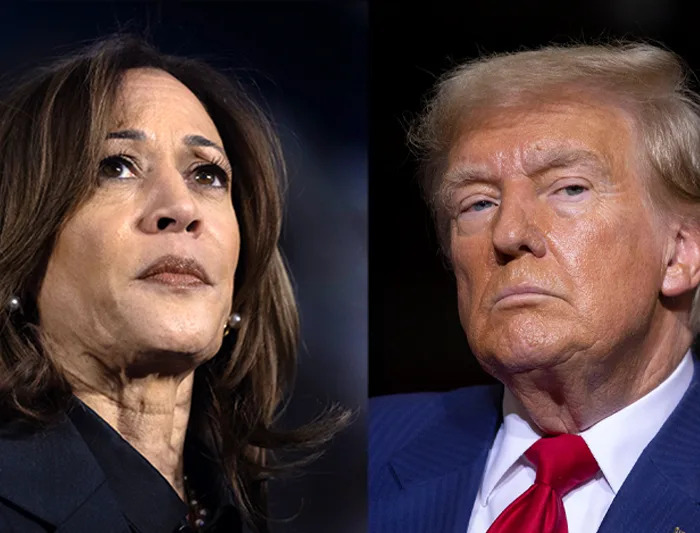Market Uncertainty Reigns Ahead of US Election
Investors are bracing themselves for a potentially volatile week ahead as Americans head to the polls on Tuesday. The uncertainty surrounding the outcome of this dramatic and unpredictable US election cycle has market analysts warning of heightened volatility in financial markets.
The Trump Effect: Markets React to Presidential Policies
Despite Donald Trump’s trailing position in opinion polls, betting markets have tilted in favor of his re-election. This phenomenon is known as the "Trump trade," driven by expectations of Trump’s policies, particularly on tariffs, immigration, foreign aid, and cryptocurrency regulation.
These policies have already started to influence trends across asset classes, with the dollar, gold, silver, and bitcoin strengthening while stock markets face increased pressure. Economists believe that Trump’s proposed policies could drive up domestic prices, prompting the Federal Reserve to raise interest rates and putting additional pressure on equities and other currencies.
Impact of a Trump Re-election
A Trump re-election would likely be bullish for the dollar, particularly if Republicans secure a clean sweep of Congress. Investors would immediately price in lower US taxes, higher Federal Reserve rates, greater protectionism, and elevated geopolitical risk. Matthew Ryan, head of market strategy at Ebury, noted that a Trump win would also lead to significant depreciation of Asian currencies closely linked to China.
On the other hand, a Kamala Harris victory could see more contained market reaction. As Chris Beauchamp, chief market analyst at IG, pointed out, Harris is likely to continue many of the policies from the previous Biden administration, such as the Inflation Reduction Act (IRA), which has protectionist undertones.
Market Reaction: Dollar and Commodities
Hedge funds have been aggressively buying the US dollar, particularly by selling off the euro, Japanese yen, and Canadian dollar. This positioning has lifted the dollar to a 3.5-month high as traders expect a potential "red sweep" that could lead to higher government spending, increased inflation fears, and delayed rate cuts by the Federal Reserve.
Commodity markets have been under pressure, with broad selling across crude oil, gas oil, gold, silver, and soybeans. Speculators’ demand for USD picked up additional momentum ahead of the US election, with traders positioning themselves for the risk of a red sweep.
Long-term Impact on Markets
Despite the immediate volatility, many analysts agree that the US election’s long-term impact on markets will be relatively limited. Lindsay James, investment strategist at Quilter Investors, pointed out that the US election has historically had minimal effect on long-term market returns.
Markets tend to be resilient and adapt to new administrations, regardless of the party in power. Over the long term, factors such as corporate earnings, economic growth, and interest rates play a more substantial role in determining market performance.
Conclusion
The outcome of the US election will undoubtedly have significant implications for financial markets. However, it is essential to remember that markets tend to be resilient and adapt to new administrations. Regardless of who wins, the policies of the next president will shape market trends over the long term.
Sources
- Saxo Bank
- Ebury
- IG
- Quilter Investors


